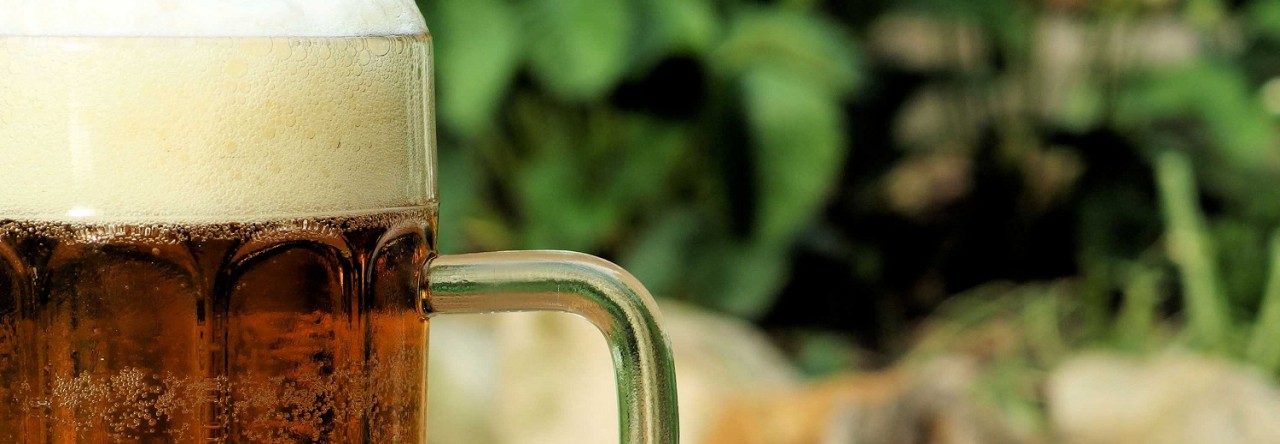While we have talked about checking out our water chemistry, I stated previously that I didn’t think Chlorine was a big issue in my town’s muni water supply. My town’s report listed the Chlorine at 4ppm. On first pass I stated that I can’t taste or smell chlorine in the water so I figured it wasn’t a problem.
However, yesterday I had a change of thought.
I boiled about 2 quarts of water on the stove for something I was doing in the kitchen. I got called away from the stove by the kids as the water came to a boil. I turned the burner off and left. I came back to the stove an hour later. When I removed the lid from the pot, the chlorine aroma was strong and obvious. I think that the out-gassing chlorine collected under the lid and held it there so that when removed I could get a good whiff of it. To be sure, I put some fresh water into a similar pot and smelled it from the tap… no chlorine smell. (It could also be a trick of the eye, but I swear the boiled water had a slight green tinge to it.)
It’s well known that you can off-gas chlorine by boiling first (or using a carbon filter, like John uses). It might be interesting to see what pre-boiling my brewing water is like the night before I brew, leaving the lid off for the chlorine to escape.
Boiling the water will also reduce the alkalinity somewhat by reducing my temporary hardness in the form of CaCO3, but that’s for another post. I am anxious to see what my Ward Labs report has to say about chlorine in my water now.

brewella deville
I was using a Brita filter for my water. It was slow but do-able for a half batch. Then I read something, in the most recently updated version of How to Brew, I believe, that said the Brita also removed some essential minerals in addition to chlorine. Have you heard anything like that about Brita filters? I haven’t found any info about this anywhere else. I figured if it’s true, then it could possibly throw off my water numbers I paid to get from the lab. In the end I decided to just go with Campden tabs for my tap water. It saves a bit of time and I can know my water report numbers are accurate.